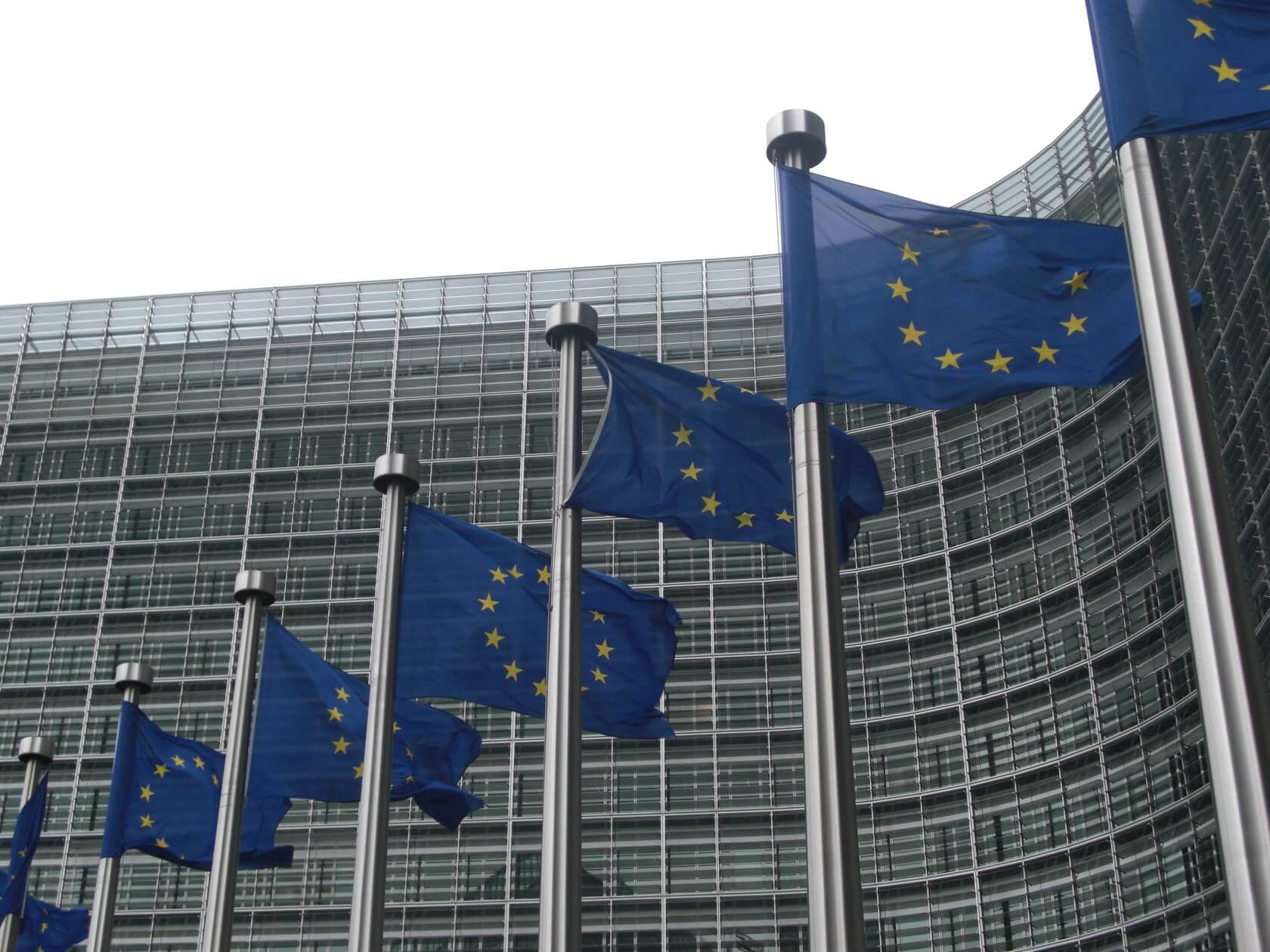In brief: The EU is testing out a pilot program for a new way of checking individuals at the borders of its various member countries. Specifically, the governing body wants to use an AI to detect when travelers are lying by allowing it to analyze "micro-expressions" in the subject's face.
The classic lie detector – or "polygraph" – test has always been controversial, but there's no denying the appeal of the overall concept to police throughout the world. Criminal investigations, witness interviews, and travel screening would become quite a bit easier if you could tell (with a reasonable degree of accuracy) whether somebody is lying.
It seems the EU may have developed tech that can finally accomplish just that. The governing body is working together with Hungary's National Police force to test out iBorderCtrl, an AI project that can allegedly use a webcam to detect facial movements and "micro-expressions" that indicate lying.
So, how does this new security technology work? The European Commission explains it as follows:
The IBORDERCTRL system has been set up so that travelers will use an online application to upload pictures of their passport, visa and proof of funds, then use a webcam to answer questions from a computer-animated border guard, personalised to the traveler's gender, ethnicity and language.
The unique approach to 'deception detection' analyses the micro-expressions of travelers to figure out if the interviewee is lying.
To be clear, the EU isn't completely handing off the security of its borders to untested AI. As previously stated, this is beginning as a test, and a relatively short-term one at that, lasting only six months in Hungary, Greece, and Latvia.
Furthermore, there are two phases of security to ensure the iBorderControl AI doesn't make any errors. After the AI checks somebody, a human border official will take over. If a given passenger is marked as "low-risk" by the AI, the official will only perform a brief re-evaluation of their data, whereas high-risk passengers will undergo a "more detailed check." This check will reportedly include fingerprinting, palm vein scanning, document reassessment, and more.
It's tough to say how well the EU's latest security-focused plans will go over with privacy advocates, but given the widespread backlash Amazon received for its Rekognition facial recognition AI, it wouldn't be surprising to see this new test receive similar public scrutiny.
